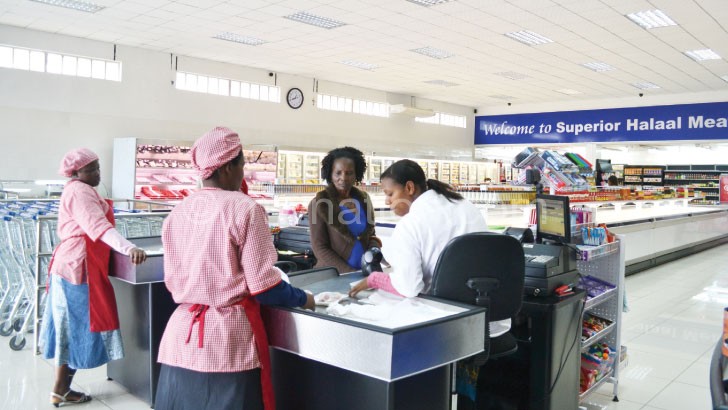Tax expert wants vat threshold at k50m
A local tax expert has called for the increase of value added tax (VAT) operators threshold from the current K10 million ($13 986) to K50 million ($69 930) to ensure that MRA collects more from big businesses.
If implemented, this could represent a whopping 400 percent increase.
The expert, Emanuel Kaluluma, said this on Tuesday in the context of resistance Malawi Revenue Authority (MRA) is facing from some businesses particularly on the use of Electronic Fiscal Devices (EDF)—electronic devices meant enhance the accuracy and efficiency of tabulating the revenue figures, including VAT amounts payable to the revenue authorities.
Three years after being rolled out, some local businesses are yet to fully embrace EFDs.

But in an interview, Kaluluma said EFDs are failing to have a significant impact because they have come at a time the economic situation is not suitable for business growth; hence, the resistance and low intake.
He said by increasing the threshold to a minimum of K50 million, MRA could collect more from big businesses, which should have a significant output on VAT performance.
Said Kaluluma: “Most businesses are bleeding as the cost of living has gone up due to the bad economic situation, and as a result, people are buying less than they used to; hence, low take for the EFDs.
“Time has come for MRA to come up with a new threshold considering that the K10 million current threshold has also lost value over the years. MRA could be spending time chasing small businesses with low value.”
MRA deputy director of corporate affairs Steve Kapoloma, while admitting that they have registered some cases on resistance to the EFDs, said on Tuesday the resistance is coming from businesses that did not want to pay correct amounts VAT to the tax collector because they wanted to continue with the old habits of stealing.
While emphasising that the authority has put measures in place to track down traders who are failing to comply, he said non-compliance to EFDs has also contributed to VAT under performance.
Kapoloma, however, said an evaluation on the same will be held at a later stage to determine if the project is to take another level by penetrating other businesses with a lesser threshold.
He said: “For instance, we have been closing down businesses in Blantyre which were not using the devices and charged them K500 000 penalty. We will take this exercise to all corners of the country so that at the end of the day, all businesses under the K10 million threshold do use these devises,” he said.
When rolling out EFDs, MRA envisaged that VAT—a form of consumption tax levied on the purchase price—will increase by 20 percent by the end of the project, apart from levelling the playing field.
At the time of the launch, there were only about 8 800 businesses that MRA said were paying their tax “faithfully and honestly”.
Prior to the rollout of EFDs, the tax bull had been facing tax compliance challenges that included suppression of sales and non-issuance of tax receipts.
In the proposed 2016/17 National Budget, Minister of Finance, Economic Planning and Development Goodall Gondwe said VAT has failed to live up to the expectation of being productive, stable and efficient source of government revenue because it has been used as a social security tool through the introduction of numerous exemptions and zero-ratings on goods and services deemed to be used by low income earners.





